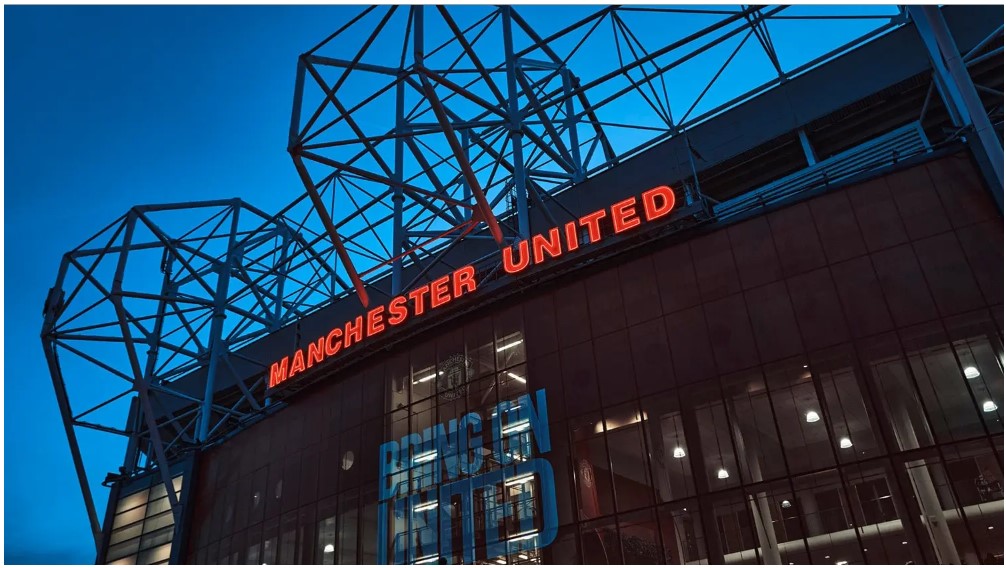

News
Man United’s Champions League Fate In Jeopardy As Sir Jim Ratcliffe’s Acquisition Raises UEFA Concerns
In a seismic development for Manchester United, UEFA has cast a looming shadow over the club’s European ambitions following Sir Jim Ratcliffe’s pursuit of a 25% ownership stake in the iconic Red Devils. This daring move, poised to grant Ratcliffe control over football operations at Old Trafford, has ignited a firestorm of uncertainty within the footballing fraternity.
The UEFA directive, based on the existing ‘multi-club ownership’ regulations, could potentially see Manchester United sidelined from the coveted Champions League next season. Ratcliffe’s association with Nice, where his Ineos group holds sway, has created a complex scenario for both clubs vying for European glory.
Amidst the backdrop of United fans’ trepidation, Nice’s remarkable rise in Ligue 1 standings, mere inches away from perennial giants Paris Saint-Germain, has added fuel to this gripping saga. However, this triumph for Ratcliffe’s contingent might spell trouble for the Red Devils, triggering UEFA’s stringent rules that stipulate only one club per ownership group can participate in top-tier European competitions.
The intricate web of regulations dictates that if both clubs secure Champions League qualification spots in their respective leagues, only the higher-ranking team would secure the coveted European spot. In the event of equal standing, England’s superior ranking on UEFA’s “access list” could sway the favour towards Erik ten Hag’s United.
The Premier League’s anticipated allocation of five direct Champions League berths further complicates matters, juxtaposed against Ligue 1’s three automatic spots and one playoff place. A potential scenario emerges where Nice’s clinching of a playoff spot, coupled with United’s sixth-place finish, could thrust the English giants into exclusion from UEFA’s secondary tournament – the Europa League.
A high-ranking UEFA source delivered a stark warning, emphasizing, “Ineos’ ownership ties between Nice and United pose a clear conflict under current regulations. Without amendments or divestment, both clubs cannot feature simultaneously in European competitions.”
Eyes also turn to Manchester City, as Girona’s remarkable ascent in La Liga could trigger repercussions for the City Football Group, reflecting the widespread impact of multi-club ownership dynamics on European football’s landscape.
The stakes are high, the tension palpable, as the footballing world braces for a potential upheaval in the European hierarchy, all hinging on the outcome of regulatory decisions and the fate of two illustrious clubs gripped in the throes of ownership conundrum.













